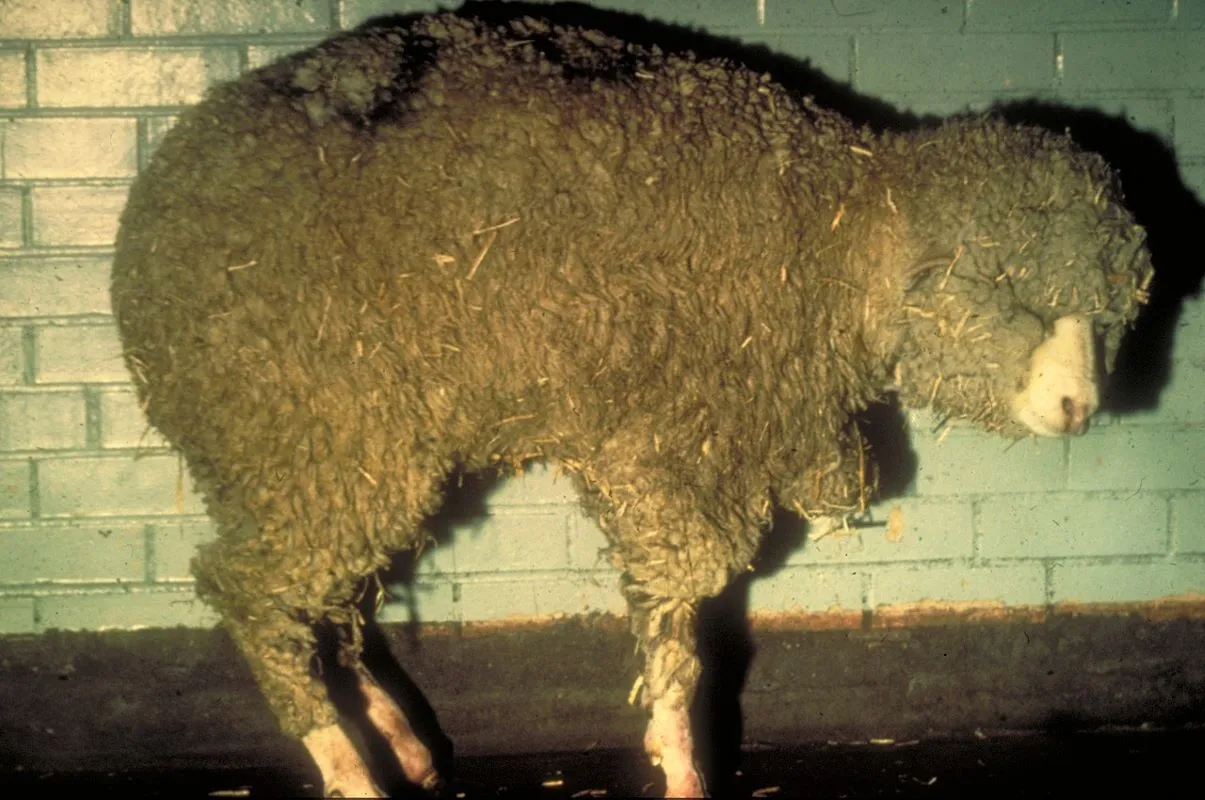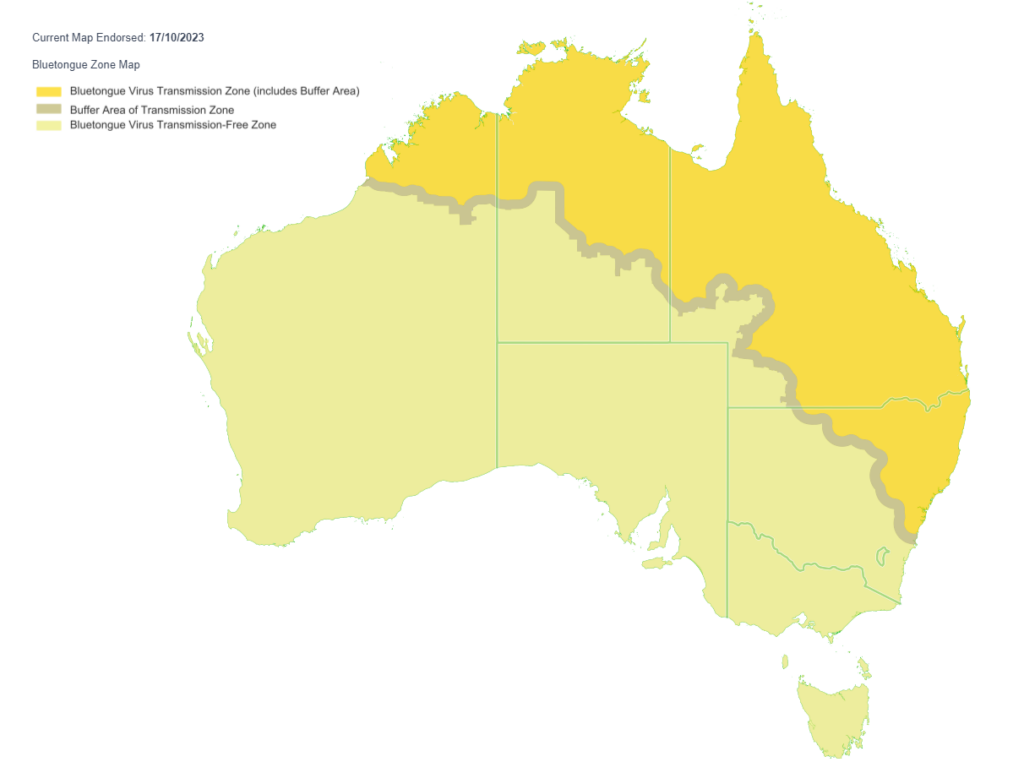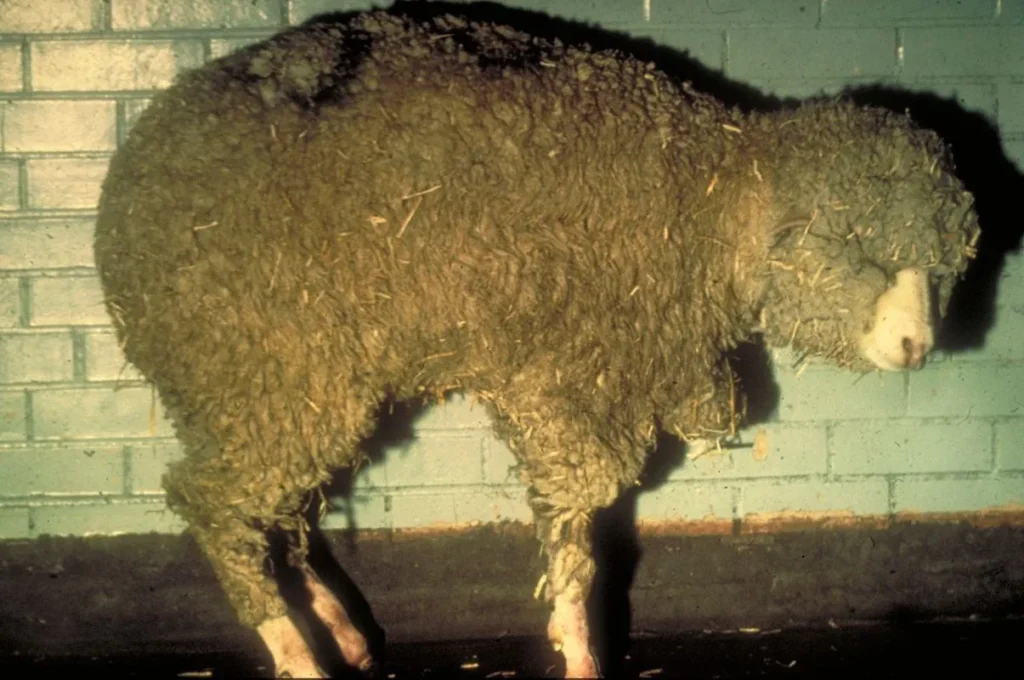What is Bluetongue Virus?
Bluetongue virus (BTV) is an infectious, non-contagious, vector-borne viral disease. 13 of the 26 variations of BTV have been detected in Australia. The distribution of BTV in Australia is monitored through the National Arbovirus Monitoring Program (NAMP) and involves regular testing of sentinel herds across Australia.
Some strains of BTV are endemic (present) in northern and parts of north-eastern Australia, so national freedom from BTV is not possible. The major production regions of Australia don’t overlap the BTV zone and the distribution of the virus and insect vectors do not typically overlap with major sheep production regions. Victoria remains a BTV transmission-free area.
There are no food safety issues, and meat and dairy products are safe to consume.
BTV is a notifiable exotic disease and any suspected cases must be reported immediately to Agriculture Victoria on the Emergency Animal Disease Watch Hotline on 1800 675 888 or to your local Agriculture Victoria Animal Health and Welfare staff.
The current Bluetongue Virus Zone Map can be seen at the Animal Health Australia website, and is subject to change without notice.
How Does It Spread?
BTV is spread by insects, biting midges (Culicoides midges), feeding on infected animals. Culicoides brevitarsis has been considered the most important carrier but are generally limited to the northern areas of Australia and is not known to be present in Victoria.
However, BTV is not a contagious disease – that is, it is not spread directly from animal to animal, and it isn’t a zoonotic disease – that is, it is not spread from animals to humans.
Monitoring
BTV is tracked by the National Arbovirus Monitoring Program (NAMP), which monitors sentinel herds and insect traps for evidence of viral transmission. The distribution of the bluetongue virus varies year-to-year due to climatic conditions and the distribution of specific midge vectors that require wet warm conditions. The limit of BTV transmission in Australia is defined as the area in which no viral transmission has been detected for the past two years.
Are My Animals Affected?
Ruminants such as sheep, goats, cattle, buffalo and deer are susceptible to BTV. Sheep can experience severe disease, with breeds such as Merinos and British breeds being most susceptible. Cattle can carry the virus without showing any obvious signs of illness. Viraemic (infected) cattle provide a reservoir for the virus to be spread by biting midges.
What Are The Signs?
Livestock generally start to show signs of disease (mainly in sheep) 5-20 days after being bitten by an infected midge. Clinical signs are usually only seen in sheep, (rarely goats) and can be lethal.
Some animals may show signs of a swollen, blueish-coloured tongue (hence the name ‘Bluetongue’). However, this might not be visible and shouldn’t be relied upon to diagnose BTV.
Clinical signs may include:
- Fever (40-41°C)
- Excessive salivation and initially clear nasal discharge turning thick with mucus and pus
- Swelling of lips, tongue and face
- Difficulty breathing
- Bloody diarrhoea
- Lesions on the feet with possible reddening of the coronary band (top of the hoof)
- Depressed off food causing rapid weight loss and drop in production
- Death (rates of 20-40% are common but may be as high as 70% in sheep)
Export Markets
Some live export markets are sensitive to importing livestock from areas which have active BTV infections. Although these countries may have BTV, the serotypes may be different.
Some of these importing countries will not import animals from Australia’s BTV transmission zone until they have been in the BTV transmission free zone for a minimum of 60 days. Import requirements vary from country and change without notice.
Further Resources
- Agriculture Victoria
- Department of Primary Industries New South Wales – Bluetongue
- Animal Health Australia
- World Organisation for Animal Health – Bluetongue
Click here to download a PDF version.
For further information, please contact the VFF Stock Sense team on 1300 882 833 or by email [email protected]


